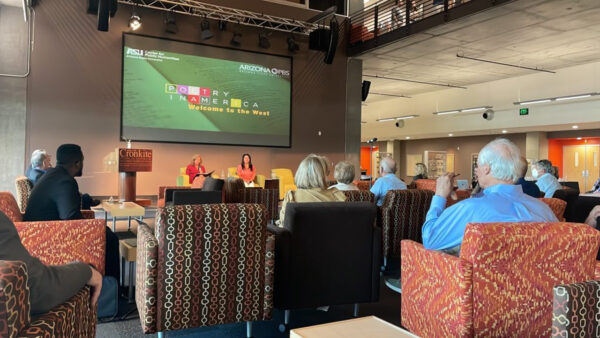NOVA “The Great Inca Rebellion”
July 20, 2011
Through a mix of crime-lab science, archeology and history this NOVA/National Geographic special, The Great Inca Rebellion, presents stunning new evidence that is changing what we know about the final days of the once-mighty Inca Empire. This probing story of archeological discovery begins in an ancient cemetery crammed with skeletons that offer tantalizing clues about a fierce 16th-century battle between warriors of the collapsing Inca Empire and Spanish invaders. Now, the long-accepted account of a swift Spanish conquest of the Inca -– achieved with guns, steel and horses – is being replaced by a more complete story based on surprising new evidence. The bold last stand of these lost warriors comes to life in the first NOVA/National Geographic Television collaboration, The Great Inca Rebellion, airs Wednesday, July 20, 2011 at 9 p.m. on Eight.
The largest empire in pre-Columbian America, the Inca ruled the most advanced civilization in the New World. By the time the Spanish arrived, the Inca had built the breathtaking city of Machu Picchu, pioneered a sophisticated system of high-altitude highways and forged luxurious treasures of gold. So how could a tiny Spanish army of gold-seeking adventurers bring the powerful Inca Empire, home to over 10 million people, so quickly to its knees?
According to traditional historical accounts, Francisco Pizarro and his band of fewer than 200 Spanish conquistadors, in search of treasure and power, vanquished the Inca emperor and his army in a bloody ambush in 1532. It was said that the Inca, overwhelmed by the Spaniards’ horses and weapons and vulnerable to the infectious diseases they carried, quickly succumbed and surrendered. But the latest archeological findings and historical analysis from leading experts, like Peruvian archeologist Guillermo Cock and ethnohistorian Maria Rostworowski, support a different version of the story, one that historians have long suspected. Their field research, forensic science and recently discovered documents suggest that it took the Spanish years, and the formation of military alliances with thousands of Indian mercenaries, to defeat the Inca Empire.
The Great Inca Rebellion delves into the intriguing process of how science is helping rewrite the history of the Spanish conquest. Our story begins in Puruchuco, an Inca cemetery uncovered in the modern suburbs of Lima, where Dr. Cock and his team of archeologists have found a strange group of more than 70 skeletons unlike any unearthed there before. Hastily buried in shallow graves, many of the corpses are shockingly mutilated, their bones crushed and marked with deep cuts, suggestive of battle injuries. For Dr. Cock, these grim remains were an exhilarating find, providing fresh insight into the Incas’ demise.
To confirm suspicions about how these warriors buried in Puruchuco had been killed, Dr. Cock approached forensic scientists at the Henry C. Lee Institute of Forensic Science at the University of New Haven. Combining these latest developments with newly explored 16th-century historical records, The Great Inca Rebellion thrillingly recreates an untold final chapter of the conquest. What emerges is a never-before-told account of a protracted and intensely brutal war in which the weakened Inca were forced to battle not only a small core of well-armed conquistadors but also a far larger supporting army of Indians who were key to turning the tide against them.
Science opens a dramatic new window into the Spanish Conquest of the Inca and the history-changing secrets held by 500-year-old warrior skeletons as NOVA/National Geographic explore The Great Inca Rebellion.
)






















